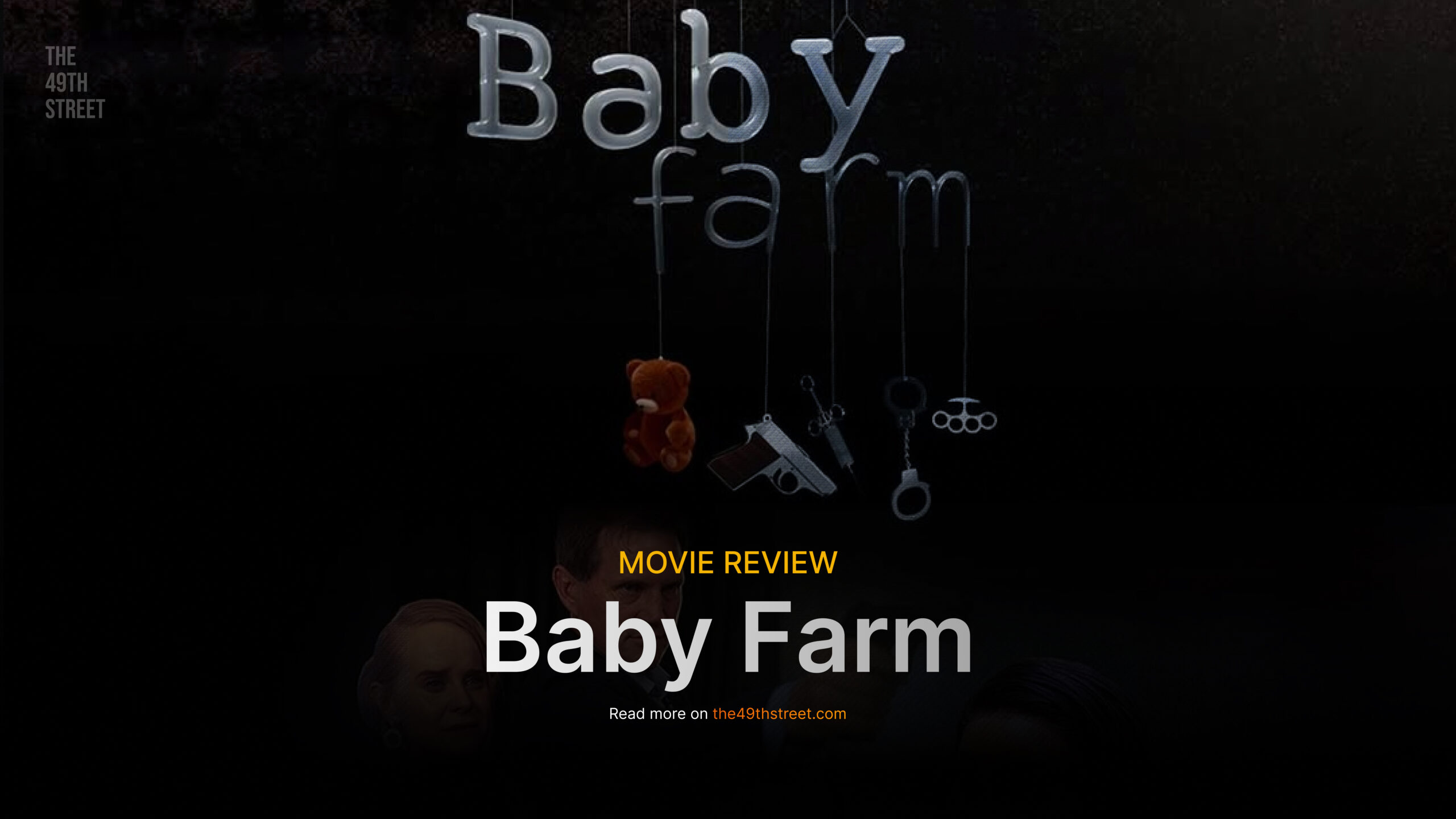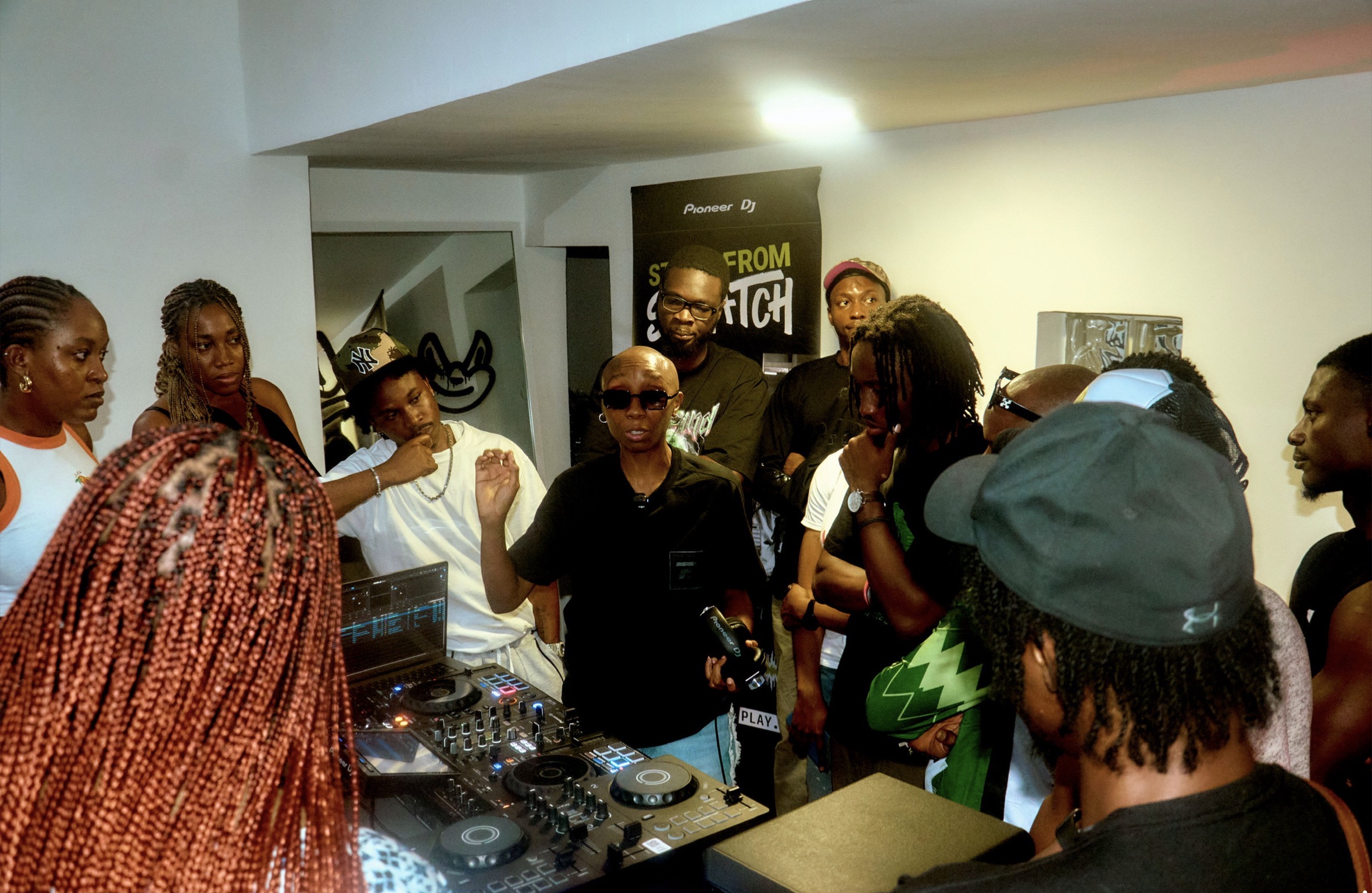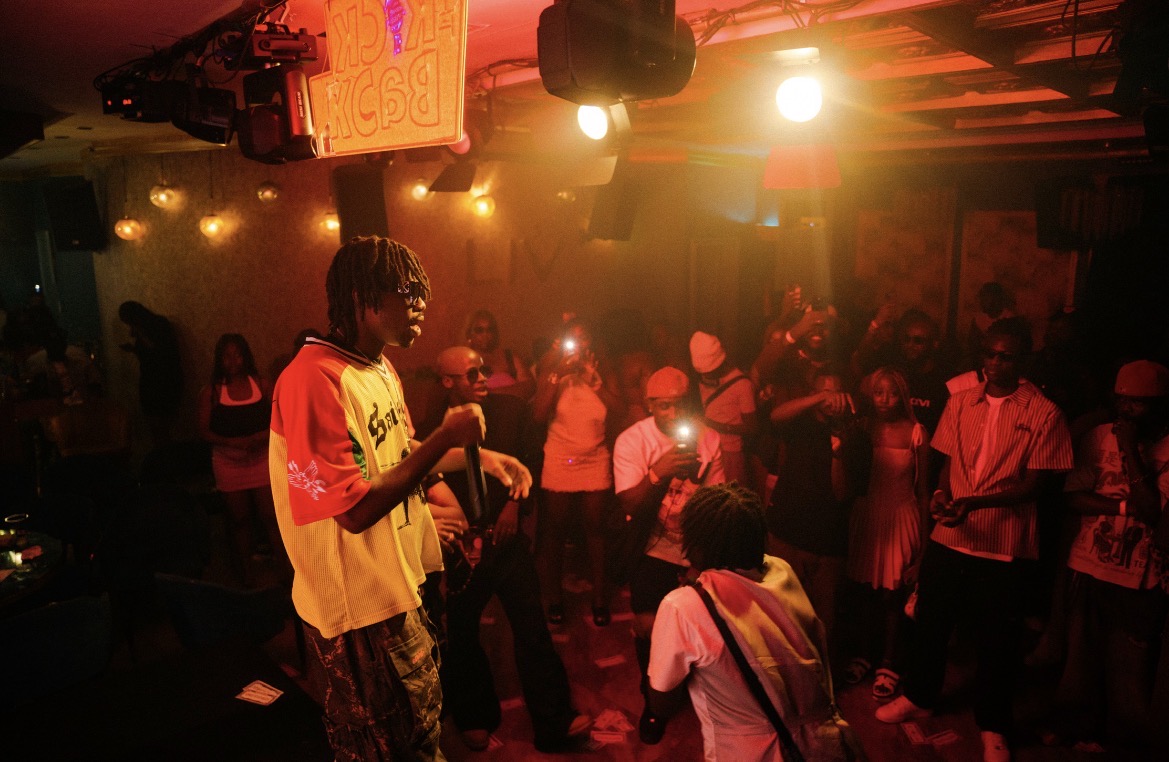If you’re looking for a Nigerian series that feels authentic and shows real-life struggles head-on, Baby Farm is a must-watch. This gripping show pulls you in with its unflinching portrayal of baby trafficking in Nigeria, exposing a harsh reality many face but few dare to discuss. Directed by Walter Taylaur and Kayode Kasum, produced by EbonyLife’s Mo Abudu, and written by Darrel Bristow-Bovey, the series features standout performances from Genoveva Umeh, Onyinye Odokoro, Rita Dominic, and Joseph Benjamin.
Over five episodes (totaling 3 hours and 3 minutes), Baby Farm follows Adanna (Onyinye Odokoro), a teenage girl whose unplanned pregnancy leads to shame, isolation, and a desperate escape from her family, a path tragically familiar to many real-life teens. Hoping for a fresh start, Adanna’s optimism crumbles as she struggles to survive in Lagos. When help finally arrives, it’s not the lifeline she imagined but a trap disguised as kindness. The series masterfully weaves themes of teen pregnancy, poverty, and abuse of power, showing how vulnerable people are exploited under the guise of “support.”
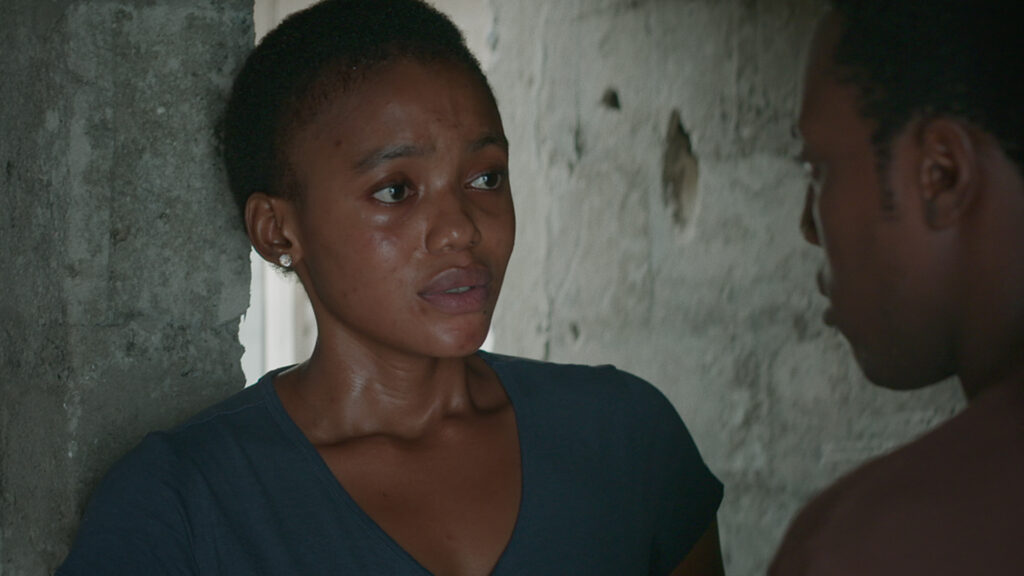
Onyinye Odokoro delivers a heart-wrenching performance as Adanna, portraying her pain, hope, and despair with raw authenticity. Genoveva Umeh shines as Ebun, a character whose own tragic arc, including a visceral childbirth scene, adds emotional depth. International actors Langley Kirkwood (Evans) and Jenny Stead (Barbara) also impress, embodying the manipulative forces behind the trafficking ring. Their performances highlight the chilling normalcy of corruption, making the story even more unsettling.

The cinematography immerses viewers in Adanna’s world, from wide shots of Lagos’ bustling streets to intimate close-ups of her struggles. A standout moment is the unflinching childbirth scene, where the camera captures every expression of pain, forcing viewers to confront the physical and emotional toll of her journey. Contrasting scenes like Adanna’s hopeful arrival in Lagos versus her later life in a cramped, prison-like shelter visually emphasize her downward spiral.
The series thrives on realism. The dialogue seamlessly blends English, Nigerian Pidgin, and local dialects, reflecting characters’ social backgrounds from wealthy elites to street hustlers. The production design adds layers to the story: the shelter where trafficked girls are held feels eerily ordinary, mirroring how such crimes hide in plain sight.
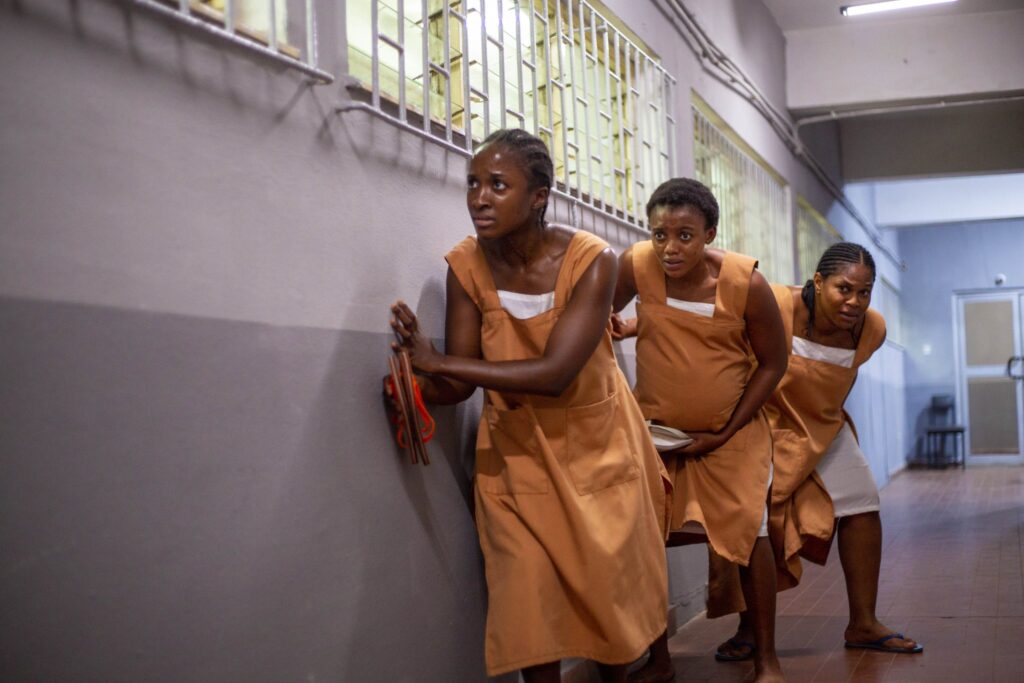
Baby Farm doesn’t shy away from Nigeria’s darkest issues: child trafficking, systemic corruption, and the betrayal of trust by those in power. It’s a bold critique of a society where laws are bent for the wealthy, and desperate girls like Adanna become pawns. While the subject matter is heavy, the series balances harsh truths with moments of resilience, leaving viewers both heartbroken and reflective.
Baby Farm is more than entertainment; it’s a mirror held up to societal failures. Its strength lies in simplicity: no melodrama, just honest storytelling amplified by stellar acting and thoughtful direction. If you want to understand the hidden tragedies lurking beneath Nigeria’s surface, this series is an eye-opening, essential watch.
Rating: ★ ★ ★ ★ ☆
Stream now on Netflix.

